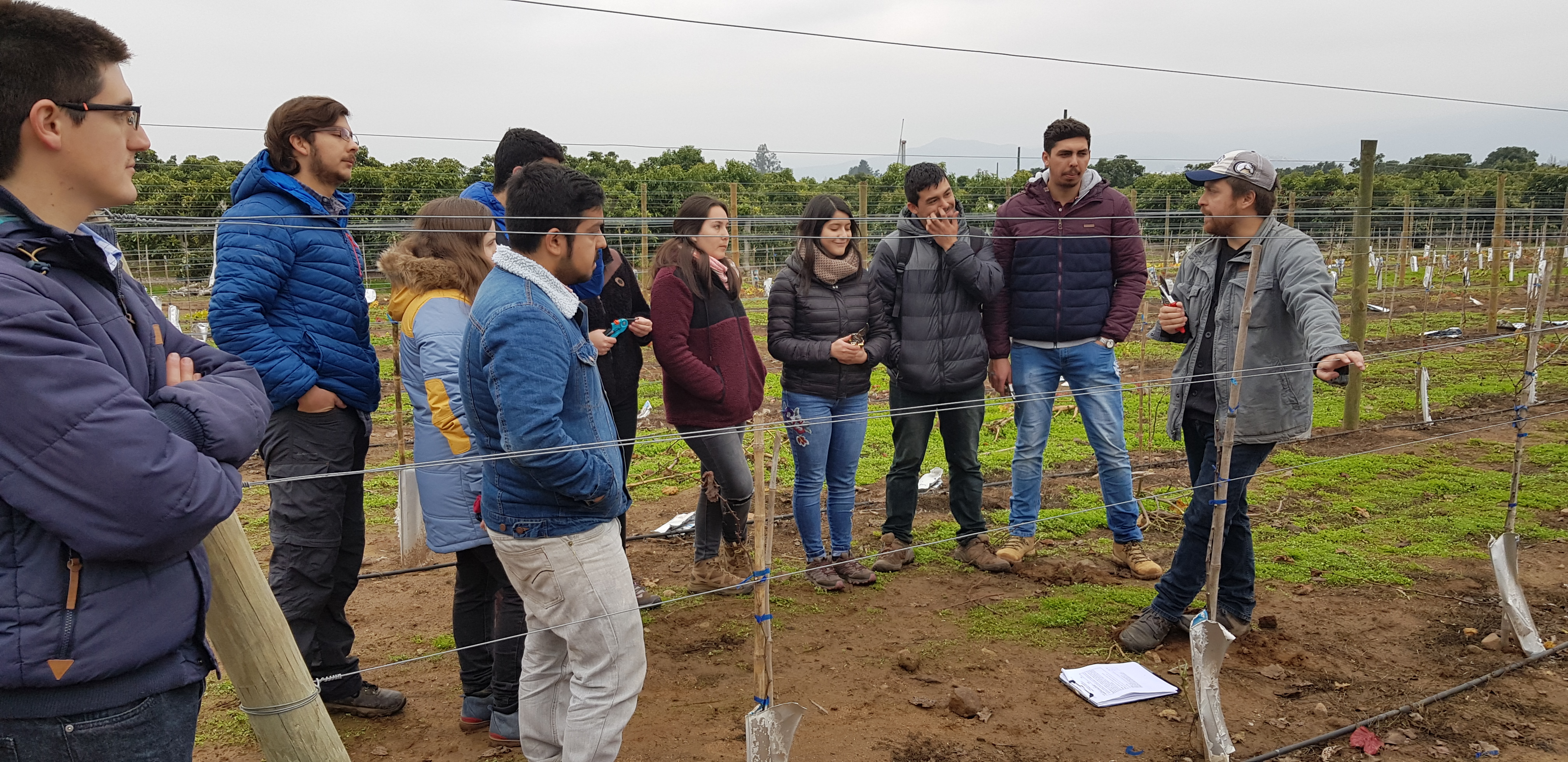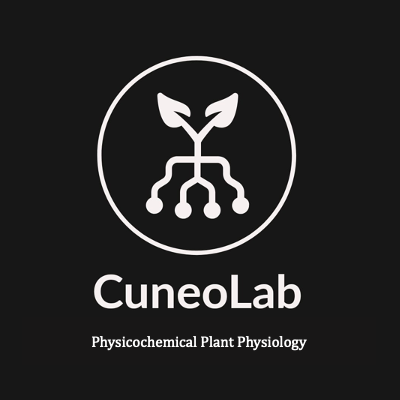Graduate level
DCA 017-01 BIOPHYSICAL & ENVIRONMENTAL PLANT PHYSIOLOGY
The course is offered for graduate students of the PhD program “Doctorado en Ciencias Agroalimentarias”. This course covers advanced topics of plant physiology, anatomy and biophysics in relation to a changing environment.
DCA 021 / AGR 766 BIOSTATISTICS
This is a core course for graduate students of the MSc and PhD program. This course covers basic topics of experimental design, statistical analysis and interpretation using R.
DCA026-01 ADANCED BIOSTATISTICS
This is a course for graduate students of the PhD program. This course covers advanced topics of statistical analysis and interpretation using R.
DCA003-01 RESEARCH SEMINAR
This is a core course for graduate students of the PhD program and it covers topics related to science communication.
Undergrad level
AGR258-01 PLANT PHYSIOLOGY
This is a core course covering fundamental knowledge regarding the function of plants. The course has three units: 1) Plant-water relations, 2) Photosynthesis and metabolism, and 3) Development and hormonal control.
AGR 1503/517 VITICULTURE I (Grapevine Growth and Physiology)
The course is part of a series of courses offered in senior year in the minor of Viticulture and Enology. This class is well-focused on wine-grapes and most of the discussion at theoretical level is based on the needs of the wine industry. In general, the course covers the impact of physiological variables such as photosynthesis, mineral nutrition, and water relations on fruit ripening and composition. The theoretical knowledge is translated into specific vineyard practices. For this reason, the course has an important hands-on dimension where the students constantly interact with the PUCV vineyard located in the experimental station. On top of this, the course requires 1-2 field trips.

AGR 1563 VITICULTURE II (Vineyard management)
The course is part of a series of courses offered in senior year in the minor of Viticulture and Enology. This class is a continuation of Viticulture I and the theoretical knowledge from the first course is translated into specific vineyard practices. For this reason, the course has an important hands-on dimension where the students constantly interact with the PUCV vineyard located in the experimental station. On top of this, the course requires 1-2 field trips.

